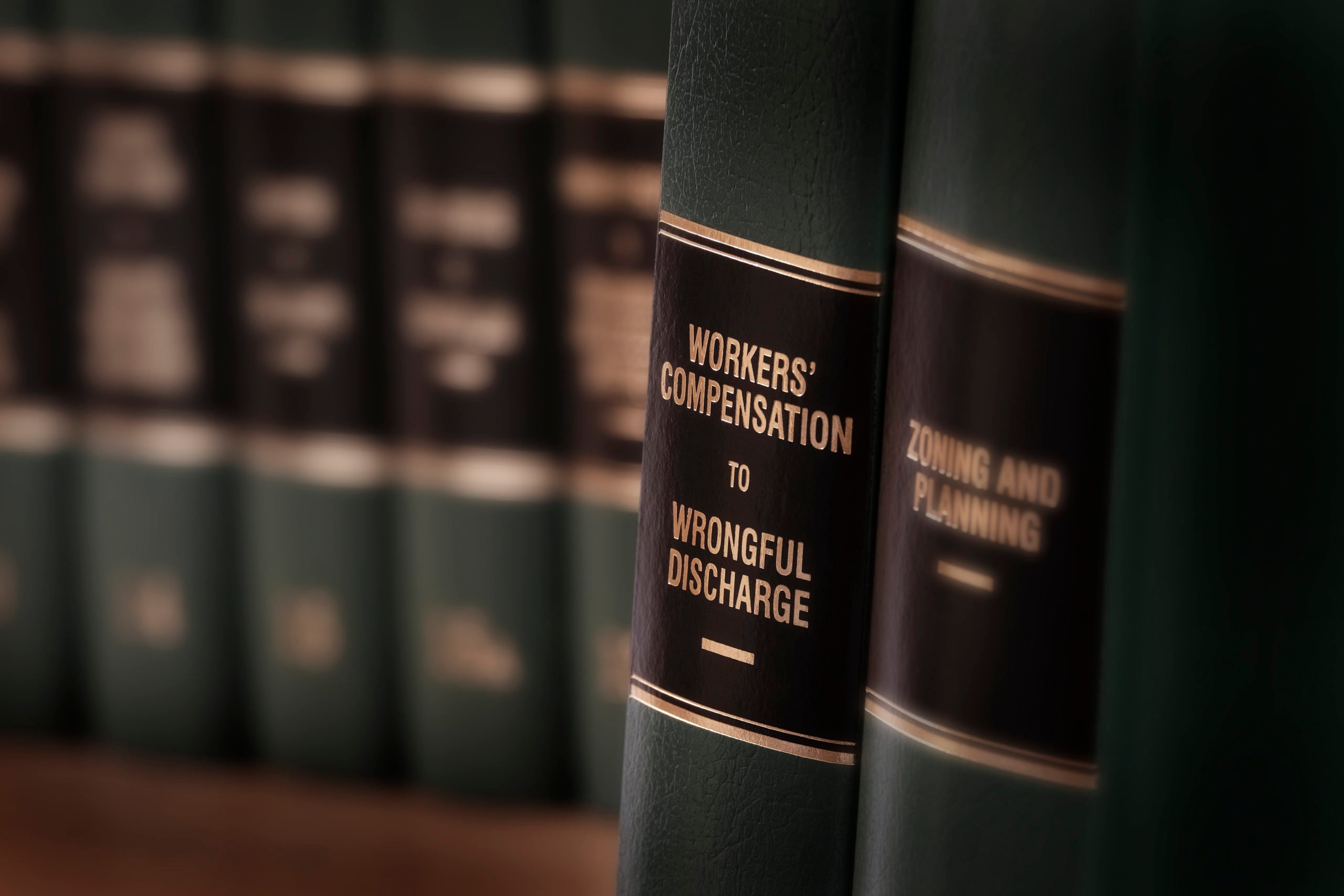Employees in California file worker’s compensation claims for a wide variety of reasons. The injuries listed on workers comp claims generate claims pay out different types of benefits. Getting familiar with the worker’s compensation system in California starts by understanding what are the most common types of claims filed for work-related injuries.
Sprains/Strains
Sprains and strains result from injuries to muscles and/or connective tissues. You can strain a muscle in your back while lifting a heavy object. Sprains in one of the joints can put you on the shelf for several weeks.

Stretched or torn ligaments define a sprain, while stretched or torn muscles define a strain.
Workers employed in physically demanding jobs such as construction, manufacturing, and transportation are especially vulnerable to the most frequently reported type of injury on a workers’ compensation claim.
Here are the most common causes of strains and sprains:
- Lifting an object improperly
- Trying to lift an object that is too heavy
- Pulling, pushing, or carrying a heavy object
- Awkward movements
- Twisting the body
- Collision
- Slipping and falling
- Repetitive motions
Sprains and strains typically require prompt medical attention to prevent further damage. California employers are required by law to make sure workers receive prompt medical attention for a potentially serious injury such as a strain or a sprain.
Cuts/Punctures
Haste makes waste is the proper way to describe cut and puncture injuries in the workplace. From mishandling a power tool to accidentally touching a sharp object, cuts and punctures are about as common as strain and sprain injuries. Workers in construction, manufacturing, and the retail industries are especially vulnerable to cut and puncture injuries.
California law does not require workers’ compensation to treat minor cut and puncture injuries. However, state law requires employers to dip into the workers’ compensation fund to pay for more serious cut and puncture wounds. The reason for the quick handling of a cut or puncture injury is the possibility of an infection developing in the wound. Severe cut and puncture injuries can lead to restrictions placed on a worker when the worker is ready for a return to the workplace.
Fractures
As the most severe type of work-related injury, a fractured bone can result in a worker missing weeks, if not months of work. The worst bone fracture cases can take more than a year to mend. Retail workers that stock products and delivery drivers that handle packages are among the workers that file the most workers’ compensation claims for fractured bones.
Another factor to consider when filing a workers’ comp claim for a fractured bone is the injury can trigger lasting pain that requires an employee to retrain in another position or even a different career.
Bruises
Although a minor bruise might not seem to require medical treatment that causes an employee to miss work for a few days, some bruises conceal deeper physical ailments that if not treated promptly, can force a worker off the job for weeks, if not months. Deep bruises can make it difficult to stand and/or walk, as well as sit, bend, and climb stairs.
Untreated bruises can develop into damage to one or more organs, which means that if you have to deal with one or more bruises that were caused by a workplace incident, you should immediately report the incident to your employer.
Other Types of Work-Related Injuries
Other types of common work-related injuries that require the filing of a workers’ compensation claim include the following:
- Burns
- Vision loss
- Hearing loss
- Brain trauma
- Electrical shock
- Exposure to toxic materials
Contact a Workers’ Compensation Attorney
Filing a workers’ comp claim in California typically involves the submission of paperwork before state-mandated deadlines. Although California is a no-fault state, which means it does not matter what caused a work-related injury, you still might have to deal with a reluctant employer when it comes to approving your workers’ comp claim.
Regardless of the type of injury, as well as the severity of the injury, you should contact a workers’ compensation lawyer to expedite the filing of your claim. Your attorney can help you collect and organize the medical documents you need to process a claim, as well as monitor the status of your claim as it moves through the California workers’ compensation system.
Most workers’ compensation lawyers receive payment for their services on a contingency fee basis. This means you should not have to pay any upfront fees to receive the best legal services.





